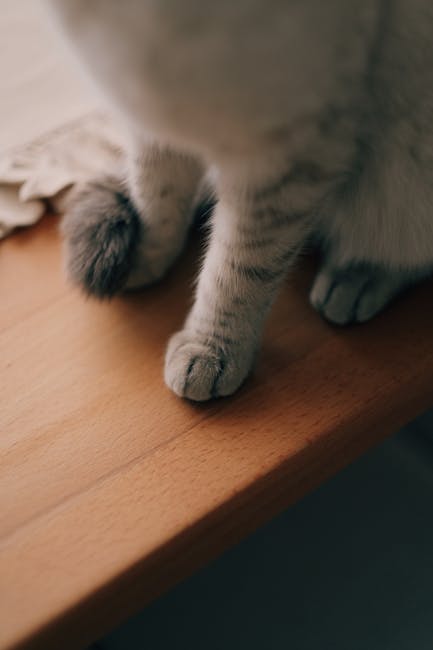A study of thousands of pet cats shows that the longest-lived cat has a lifespan more than twice that of the shortest-lived cat. The latest research findings reveal that there is a significant fluctuation in the expected lifespan of cats. These findings were published on May 7 in the Journal of Feline Medicine and Surgery, enriching our understanding of the life expectancy of this pet.
The lead researcher of the study stated, “When it comes to life expectancy, there is little research on cats.” He noted that cats receive less scientific attention compared to dogs. To better understand the life expectancy of cats, the research team analyzed data on recently deceased pet cats.
Analysis of data on cat deaths in the UK from 2019 to 2021 revealed some key trends. On average, cats have a life expectancy of 11.7 years. Gender and breed differences have a significant impact on the lifespan of cats. The study showed that female cats have a life expectancy of 12.5 years, significantly longer than male cats, which have an average of 11.2 years. Compared to purebred cats, mixed-breed cats usually have a longer lifespan, averaging 11.9 years, while purebred cats have an average lifespan of 10.4 years.
The study further revealed that long-lived cat breeds mainly include the Birman and the Burmese, both with an average lifespan of 14.4 years. Unfortunately, Bengal cats and Sphynx cats have expected lifespans of only 8.5 years and 6.7 years respectively, ranking at the bottom of the life expectancy list in the study.
In addition, the research also covered the expected lifespans of other cat breeds, such as Siamese cats at an average of 11.7 years, Persian cats at 10.9 years, Ragdolls at 10.3 years, Norwegian Forest cats at 10 years, Russian cats at 9.7 years, and British cats with an average lifespan of 8.5 years. Unlike dogs, “the lifespan of cats seems to be unrelated to characteristics such as size”.
The research team also created life tables to help predict the average remaining lifespan of cats of different ages, which can assist pet owners in making better treatment decisions for their sick felines.







